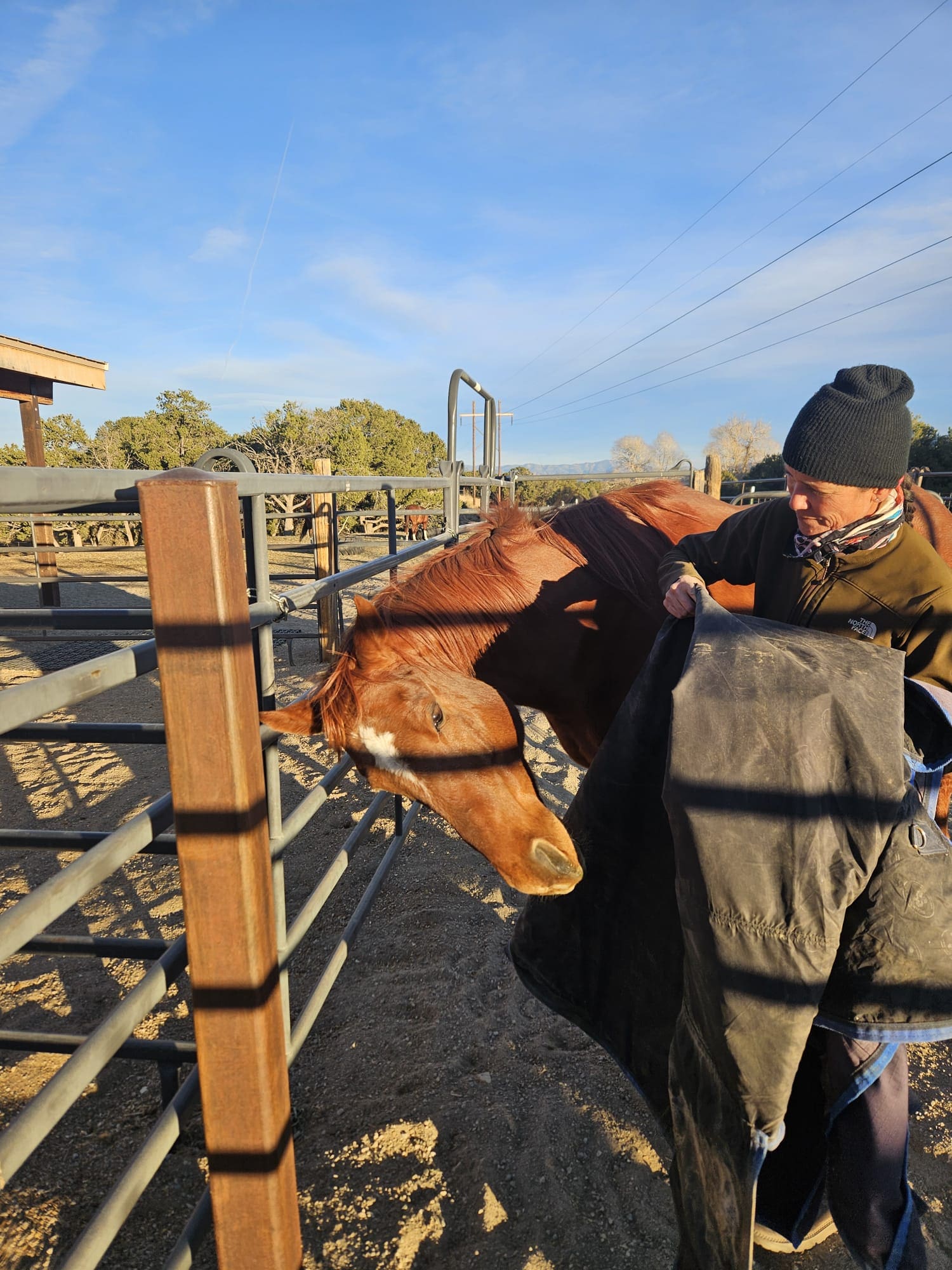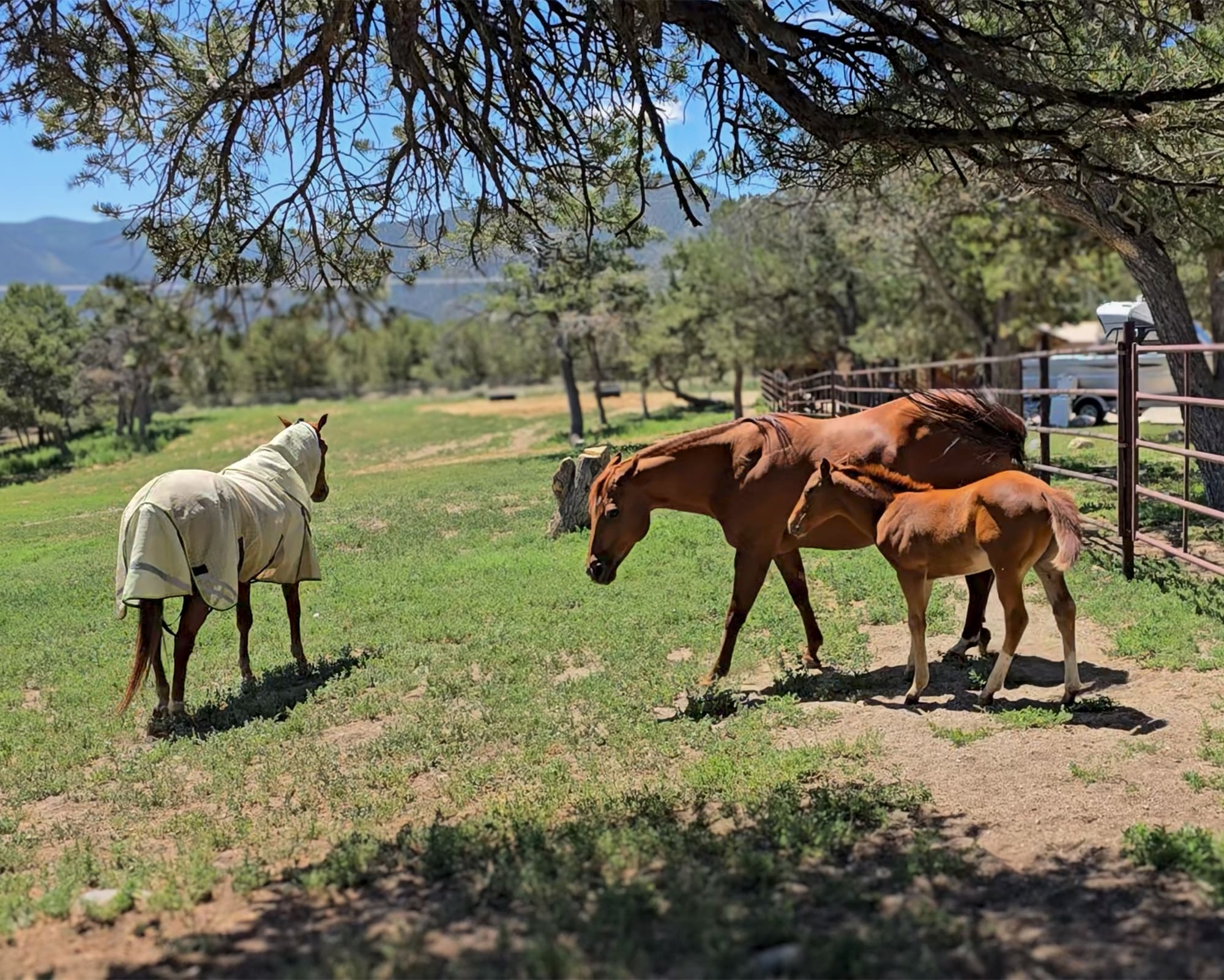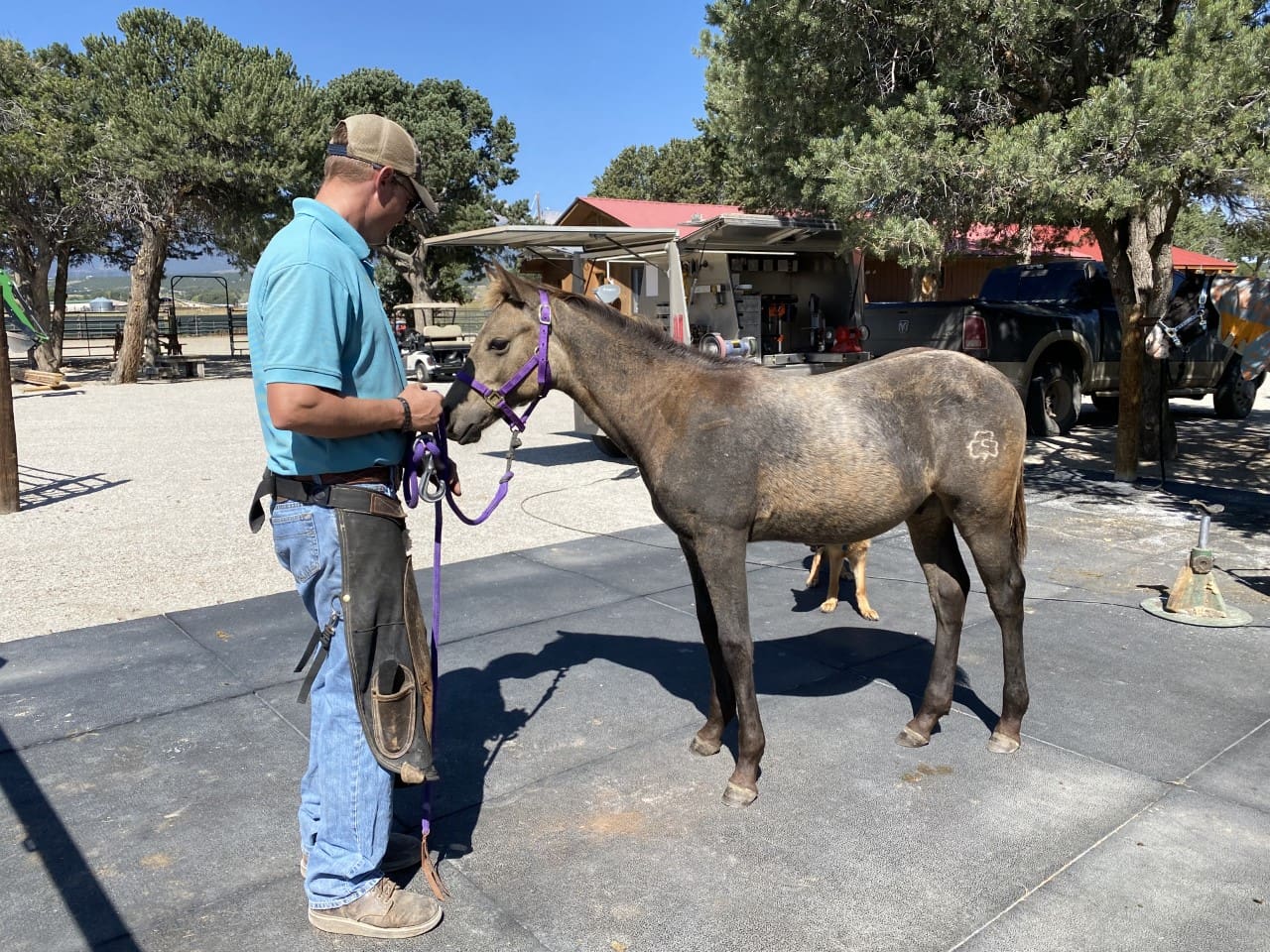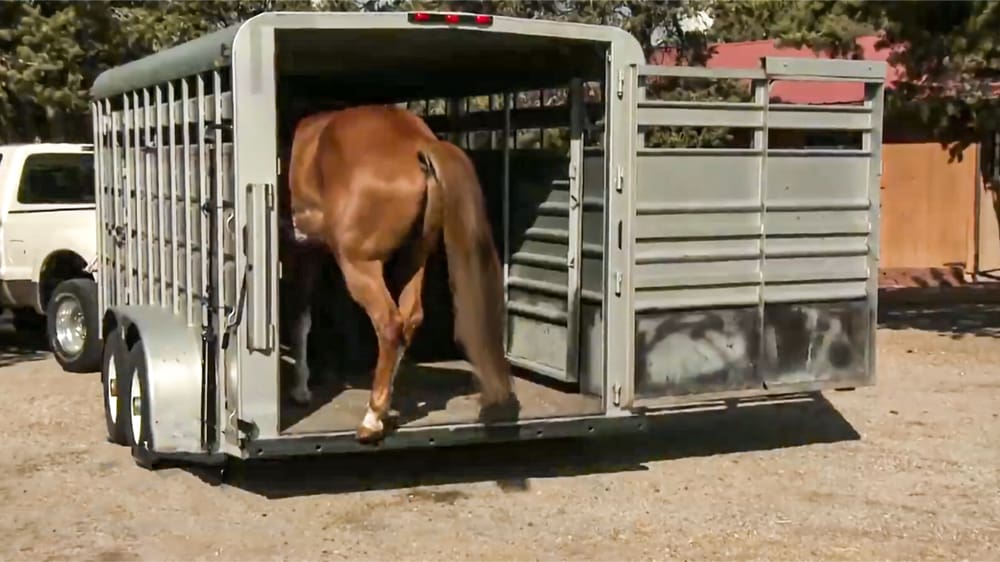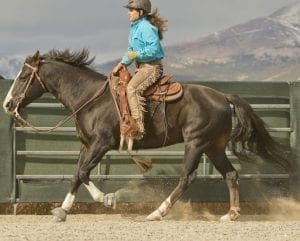 Confidence is tough to regain after a fall. It’s much easier to work through your fears when you trust the horse you ride when your fears are still actively surfacing. Make sure that the horse you choose to ride is an important part of your comeback strategy.
Confidence is tough to regain after a fall. It’s much easier to work through your fears when you trust the horse you ride when your fears are still actively surfacing. Make sure that the horse you choose to ride is an important part of your comeback strategy.
I hear the worry at every clinic I do. Clinic riders tell me, “I used to ride like the wind, and now I feel sick to my stomach when I even think about getting on my horse. I just wish I could enjoy riding again.” Fear has taken away their enjoyment of horses and riding. It’s a terrible place to be—with the sickening feeling of having lost something you once loved.
Don’t give up! With a plan in place—and the right horse to help you—you can get back in control of your emotions and ride like the wind again. You must have a horse you can trust to guide you through your recovery.
Dreams Damaged
After an incident or injury with horses, it’s normal to have some trepidation. When you put yourself in a similar circumstance as the one that caused your accident, you’re likely to relive the fear. When we humans sustain an injury (a mental injury, a physical injury, or both), a “fear memory” is formed in the brain, and its sole purpose is to try and subconsciously dissuade you from doing that thing again. It’s a built-in self-protection mechanism. Often, you think you are “over” the fear but then when you find yourself in the same situation that caused the accident, out of the blue, the panic appears.
As time goes by, you begin to dread riding, knowing that this fear will surface and attack at the most inconvenient time. Soon you’re making up excuses for not riding—which you know in your heart is avoidance behavior—so then you start feeling guilty. Eventually, the all-consuming emotion of grief kicks in, because you feel like you’ve lost the ability to ride a horse—that you’ve lost something you loved. It is a downward spiral of conflicting emotions—fear, guilt, frustration, and grief. That’s a lot of negative emotion associated with horses to be rolling around in your head.
If any part of this scenario rings true for you, it may be time to take action and get those negative emotions in check. Your love of horses and your ability to ride is still there, ready to be unleashed, once you rein in those negative emotions and take positive steps in the right direction.
Repair Time
Many riders have regained their confidence and returned to the sport they loved by using relaxation strategies (visit JulieGoodnight.com/search and use keyword confidence). Before rebuilding your confidence, it’s important that you give yourself all the time you need to heal, both physically and emotionally from your accident. Do not rush this process and do not allow yourself to be pressured by others; it could take some time before you are ready to make the commitment and muster the courage to ride again.
Before coming back to riding, make sure you understand your emotions. I like to call this intellectualizing or objectifying the fear. Knowing the origins of your fears, when to expect fear memories and how to override them, and how fear affects you and how to countermand those effects is critical to your success.
Taking the Reins
No matter how you lost your confidence, to rebuild it securely you need a horse that can help you. The horse is such a critical component in regaining your confidence—for better or for worse—the horse can either build your confidence or take it away in a heartbeat.
This may mean that your current horse (or the horse you got hurt on) is not appropriate. In order for the healing to begin, first the injury has to stop. A horse that scares you or challenges you on a daily basis, will constantly reopen the wound and cause it to fester. Think about your horse—does he need to get his confidence from you, or is it the other way around? To overcome your fear, you may need a horse that gives to the equation, not subtracts.
These are not easy questions to ask. Sometimes the answers are painful to accept and challenging to pull off, but riding a safe and trustworthy horse gives you the greatest chances of success when it comes to regaining confidence lost. That may mean re-homing or selling your current mount (he may be happier with a more suitable rider) and finding a horse that realistically meets your needs (preferably one that oozes confidence and has a been-there-done-that attitude– because he has). Or maybe you temporarily lease an ‘easy’ horse and send your challenging horse to a trainer. Don’t let the task be too daunting—analyze, consider all the options, make a plan, and move forward.
Be realistic with your riding goals and the type of horse that will best suit your needs. Your fitness and ability level, plus the time commitment you will make on a daily and weekly basis all have a huge bearing on the kind of horse that will work best for you. Your horsemanship goals and your needs in a horse will change over time, as you gain experience, skills and knowledge—and dabble in different disciplines.
Sometimes I meet people in my clinics that are riding a horse that I wouldn’t feel comfortable riding (after more than 30 years of riding professionally). Sometimes I wonder if they really know how much fun it is to ride a horse you are not afraid of. Although I’ve trained horses professionally for more than three decades, what I personally want in a horse is a well-trained, safe mount that I can have fun on from day one. I don’t have time for a project. Realistically, I know I have limited time to enjoy my horses, and selfishly, I want a horse that I can have the best ride of my life on every day I ride—even if I haven’t ridden him in weeks (which often happens).
Life’s too short and I love riding so much—I want every ride on my horse to be safe, fun and carefree. Finding the right equine partner isn’t an easy job, but it is an important one. Take your time, be smart and objective and seek professional advice. Remember, you didn’t get into horses to create more stress and aggravation in your life. Finding the right horse—one that builds your confidence instead of taking it away—is a huge part of the equation.
Regaining your confidence after an accident is not an easy task but with some work and dedication, I know it can be done—I’ve seen it happen again and again. But you cannot shirk the hard questions and you cannot move forward without a plan. Do the introspection needed to get your head in the right place and make a plan to expand your comfort zone (for details on how to do this, check out my online resources). Then take an honest look at your horse. Determine if he is the right mount for you at this time in your life, and how you can put together a plan that will ensure you the greatest success in this challenge.
Enjoy the Ride,
Julie Goodnight
